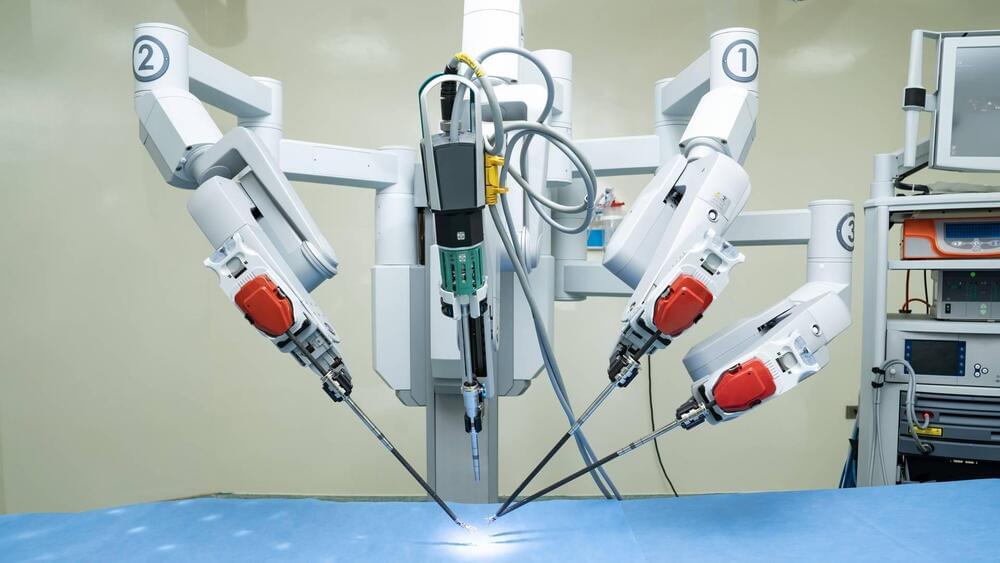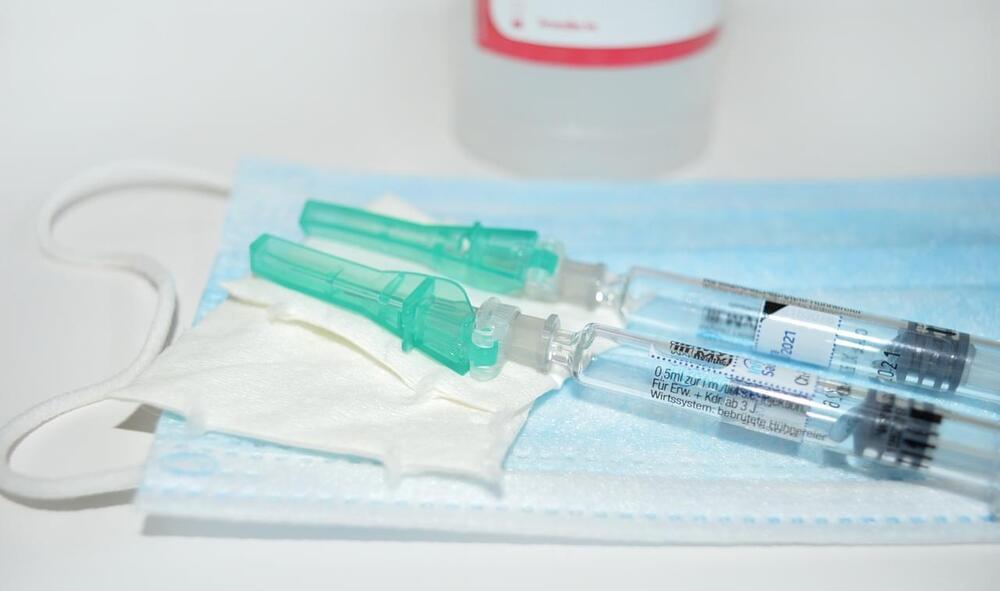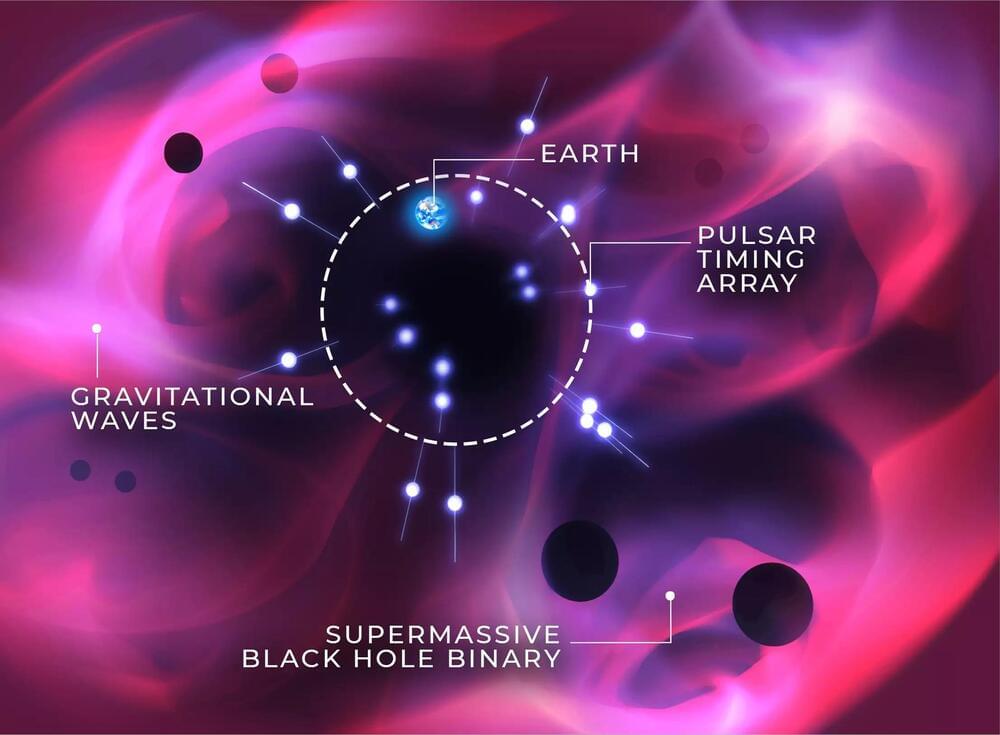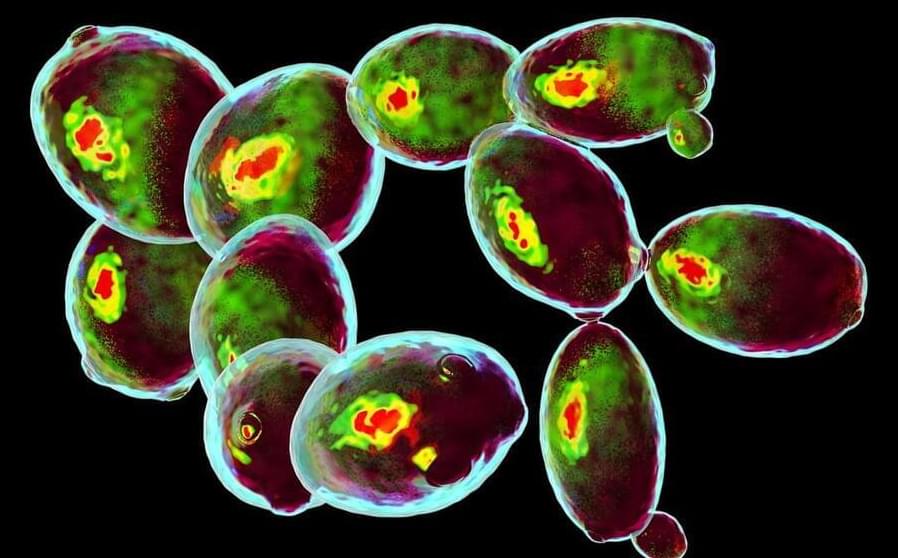The article titled “Evaluation of OVX836: A Promising Universal Influenza Vaccine Candidate” published in The Lancet presents a comprehensive assessment of OVX836, a novel influenza vaccine candidate targeting the nucleoprotein of influenza A virus. Authored by a team of researchers led by IL-R at CEVAC Clinical Unit and Laboratory, the study aims to investigate the safety, immunogenicity, and potential efficacy of OVX836 at different doses, shedding light on its potential as a universal influenza vaccine.
Influenza remains a significant global health concern, with seasonal epidemics and occasional pandemics causing substantial morbidity and mortality. Current influenza vaccines primarily focus on the viral surface protein hemagglutinin, but their efficacy is limited by antigenic variation and the emergence of new strains. Current vaccines are developed for the season based on what strains were prominent in the last season. Additionally, vaccine efficacies can vary from season to season. OVX836 takes a different approach by targeting the highly conserved nucleoprotein, which plays a crucial role in the influenza virus life cycle.
OVX836 elicited a robust immune response, characterized by significant increases in nucleoprotein-specific CD4 and CD8 T-cell responses, as well as the production of anti-nucleoprotein IgG antibodies. The magnitude of these immune responses displayed a dose-dependent relationship, with higher doses of OVX836 leading to stronger immune reactions. Of particular interest was the induction of a CD8 T-cell response, a rare achievement for influenza vaccines and a crucial component of comprehensive immune protection.



 עברית (Hebrew)
עברית (Hebrew)


